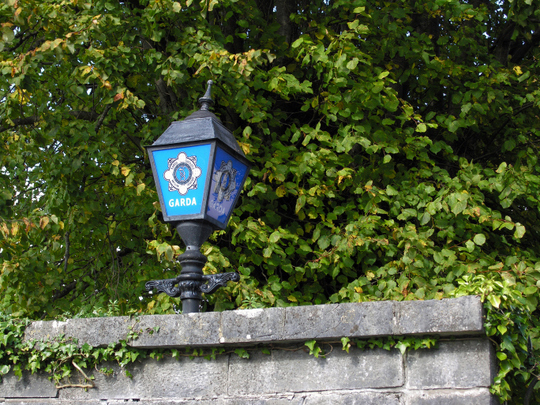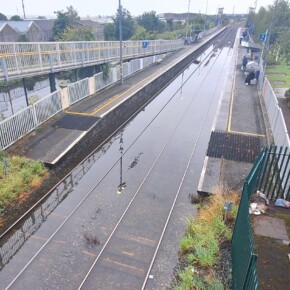Garda numbers fall in Southside stations
Dublin People 22 Oct 2011
THE
number of gardai has fallen at over 70 per cent of Southside Garda stations
since the last general election, according to figures from the Department of
Justice.
The
Garda Representative Association (GRA), which represents rank and file members
of the force, has criticised the moratorium on recruitment in the public
service, which means that Garda numbers will fall significantly further in the
coming months.
Under
the National Recovery Strategy, the Government intends to reduce numbers on the
Garda payroll from the current contingent of around 14,200 to 13,000 before the
end of 2014.
Figures
released by the Department of Justice show that there has been a net fall of
some 43 gardai in the 25 stations based on the Southside between the end of
February and the end of August of this year.
Of
the 25 Southside Garda stations some 18 (72 per cent) have experienced falls in
the numbers of gardai based there over the six month period.
The
figures were contained in a response by Justice Minister Alan Shatter to a
parliamentary question asked by Fianna Fail TD Dara Calleary.
The
decreases in the numbers of gardai at individual stations have been relatively
small. For example, the largest falls were at Kevin Street and Terenure Garda
stations where the number of gardai fell from 158 to 153 and 105 to 100
respectively over the six month period.
Only
two stations, Ronanstown and Dalkey, experienced increases in their numbers
from 95 to 98 and from 59 to 60 respectively.
In
addition, the numbers at Donnybrook, Rathcoole, Stepaside, Dalkey and
Kill-O-The Grange remained the same over the same period.
Southside
People reported recently how Minister Shatter is considering closing hundreds
of smaller Garda stations around the country in a bid to save money for the
Exchequer.
The
GRA is strongly opposed to the cuts in Garda numbers.
Damien
McCarthy, president of the GRA, said the force is already struggling to contain
current crime levels. He maintains that decreases in manpower will adversely
affect communities in Dublin and elsewhere around the country.
“If
you decrease the workforce there will be an increased threat of crime and an
increased fear of crime in communities,
? he warned.
“We
understand that the country is in a difficult position but it should be of
paramount importance that policing is given proper resources because it is my
view that policing needs to be made a priority. We can’t let crime spiral out
of control.
“It
is of great importance that people have confidence in the justice system and
they feel safe in their homes and communities.
?
There
was nobody at the Department of Justice available for comment.











